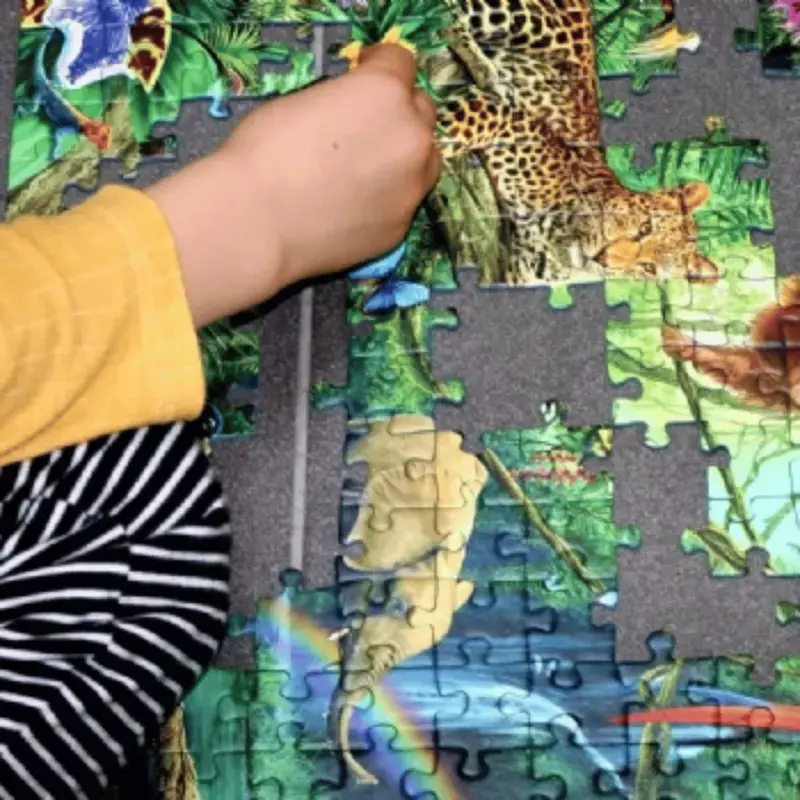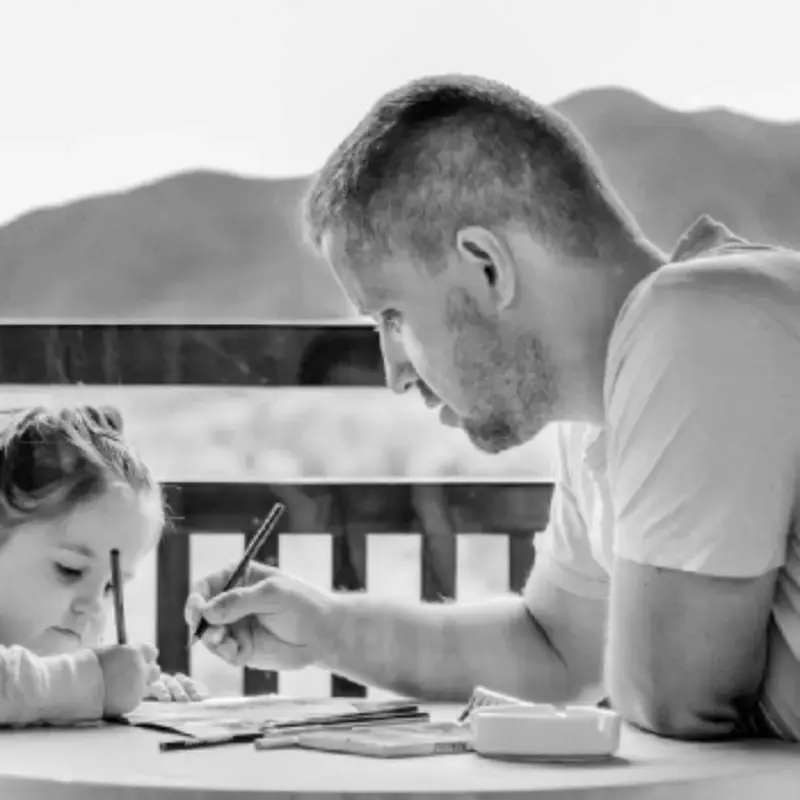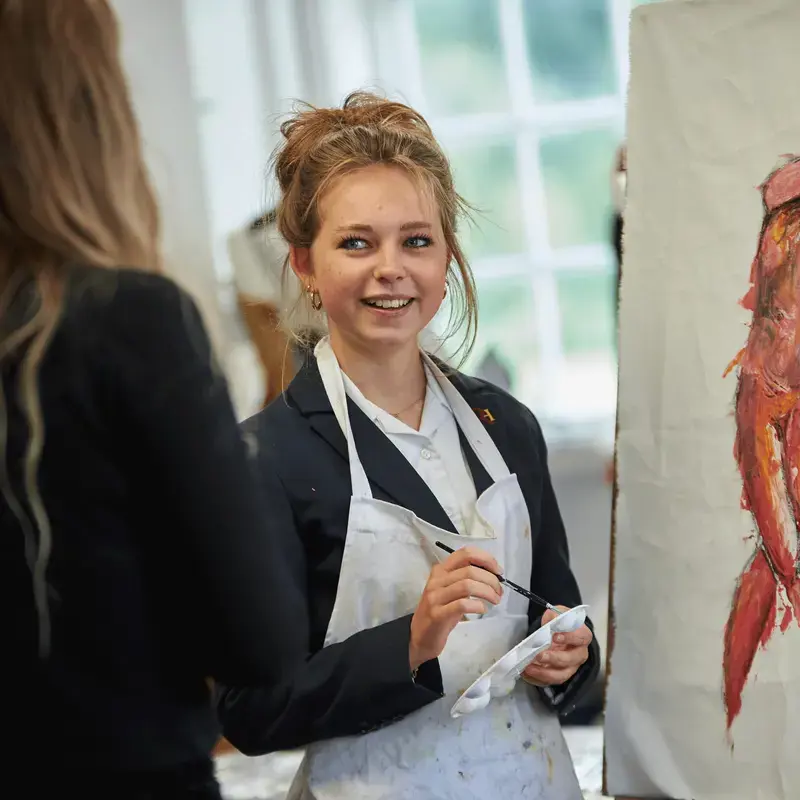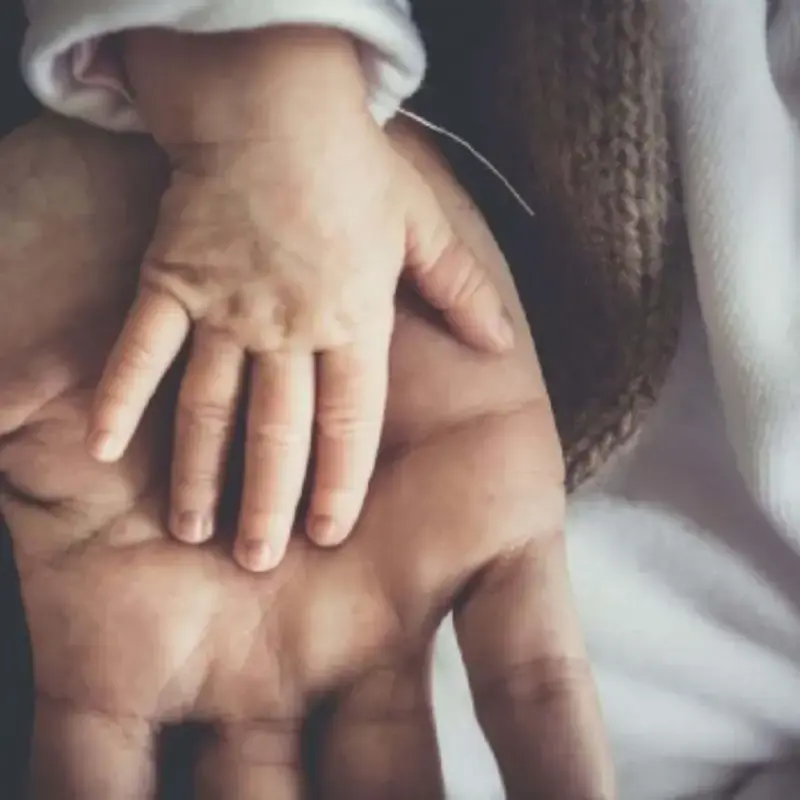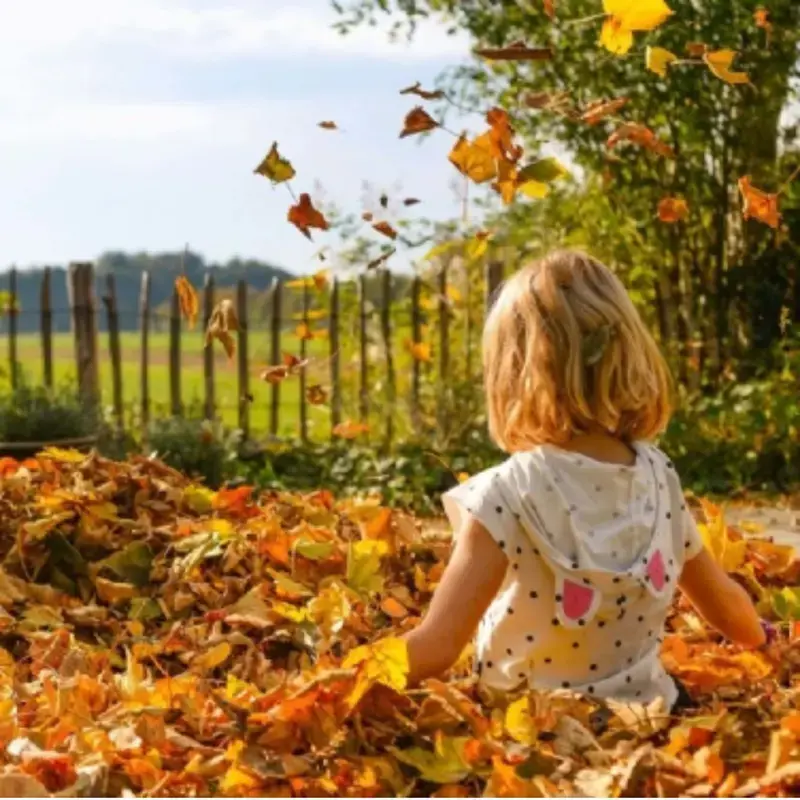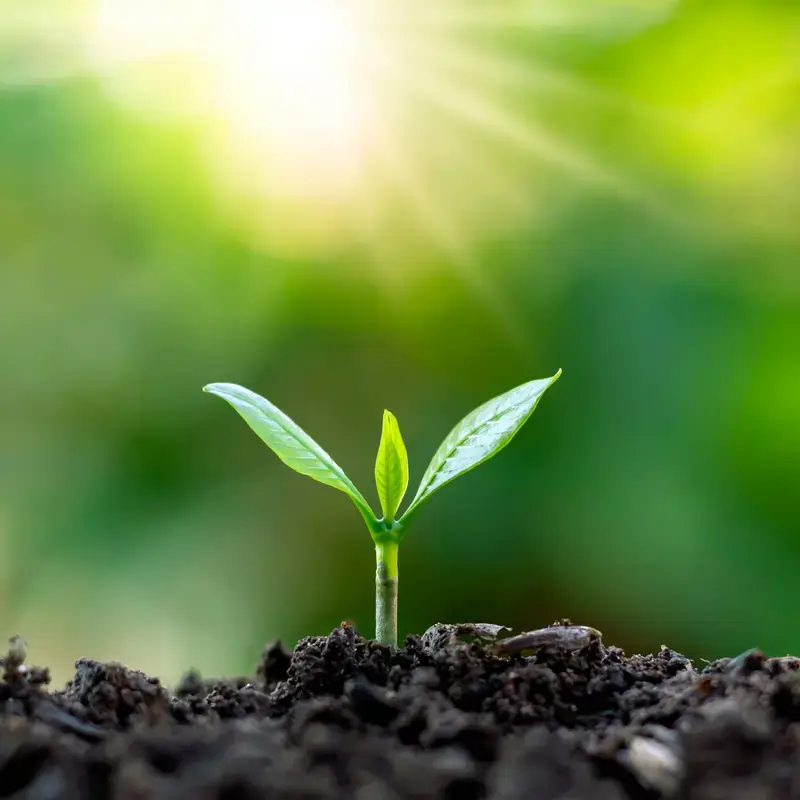Against The Odds
Scotland’s road to World Cup 2026 and what it teaches us about resilience and success at Radnor House Sevenoaks.
Some sporting moments seem to hang in time, destined to go down in history as they are relived down the ages. Scotland’s qualification for the 2026 World Cup surely ranks amongst the most significant in the nation’s history for sheer bravery, resilience, and self-belief. Ending 28 years of heartache since the last time they qualified, it was the culmination of years of struggle, doubt and planning for a coaching team that deserves every accolade coming their way.
Watching the scenes unfold I found myself reflecting on our school value of perseverance and thinking that this is exactly how resilience is forged. Not in the comfortable moments but in the long and challenging road that ultimately leads to success.
The inherited story of Scotland never quite making it was becoming a national badge, something increasingly akin to a national identity. Schools can also have inherited stories, what the teachers and pupils really think and feel, what the external world assumes the school to be. For Radnor, this narrative, like Scotland’s is changing and changing quickly.
Culture matters as much on the football field as it does in school corridors. While Scotland’s success over Denmark may have felt like a wonderful, unique and isolated event, it was actually years in the planning with every person focussed on this goal. Raising expectations at each stage of a process does not mean one breakthrough moment but rather comes from turning belief into habits over time, from demanding not miracles but consistency.
In education, this same principle holds true. Having been a headteacher for much of the previous two decades it is clear that young people don’t flourish because of a final push in revision before a big test, but rather they thrive in a steady culture of high expectations and high support, one where small wins accumulate over many months and years to produce a young person capable of real greatness.
Understanding that resilience is not a personality trait but rather a skill, which can be acquired and improved, is the first step on this journey. When the final whistle was blown the players had benefited from the conditions necessary to improve this skill over many months and years. This aligns closely with Martin Seligman’s theory of ‘Learned Optimism’ and Ann Masten’s theories about ‘ordinary magic’. The idea that resilience is a set of skills that equips young people for life in the future is exactly what we mean when we talk about developing ‘life skills’ at Radnor House.
My deepest reflection of last night’s jubilation was the acknowledgement that qualification is not the finishing line, rather it is the latest step in the journey, it marks the beginning of the next chapter. So, if Scotland can cast off 28 years of doubt to reimagine their future then so to can every young person given a supportive environment, great teachers and a sense of belief about who they might become.
The future is not written, it is imagined.
David Paton
Head
Photo credit - Sky News



